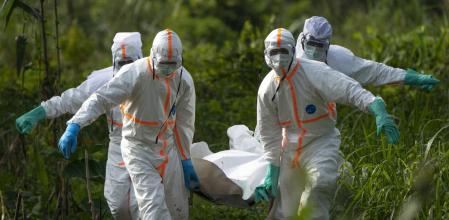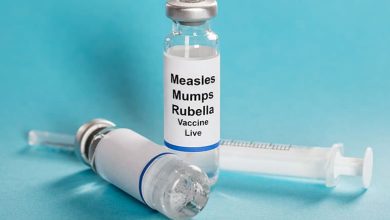
Abuja, Nigeria — The Nigeria Centre for Disease Control and Prevention (NCDC) has confirmed that there are no cases of the Ebola virus disease in Nigeria. However, the agency has issued a public health advisory, placing the nation on high alert following a confirmed outbreak in the Democratic Republic of Congo (DRC), Africa Update reports.
According to NCDC Director-General Dr. Jide Idris, the DRC’s Ministry of Health has reported an outbreak in Kasai Province, where 28 suspected cases and 15 deaths have been recorded as of September 4, 2025. Tragically, this includes the deaths of four health workers. Investigations have shown symptoms such as fever, vomiting, diarrhea, and bleeding, with the causative strain identified as Ebola Zaire virus, which has an approved vaccine, Ervebo.
In response, the NCDC has activated its emergency protocols. Dr. Idris announced that surveillance has been heightened at all points of entry, healthcare facilities, and communities to prevent the spread of the disease.
“We will continue to monitor the regional and global situations. There are no cases of Ebola virus disease in Nigeria, as of now,” Dr. Idris said, while also reminding the public that early recognition, isolation of patients, and supportive treatment remain critical in reducing deaths.
The NCDC is also working to strengthen infection prevention and control measures in healthcare facilities across the country. Risk communication and community engagement teams have been alerted to address misinformation and provide timely, accurate information to Nigerians.
Advice to the Public and Healthcare Workers
The NCDC boss issued a strong warning to citizens:
- Practice good hand hygiene.
- Avoid contact with individuals showing symptoms of an unknown infection.
- Avoid non-essential travel to countries with confirmed Ebola cases.
- Immediately call 6232 or your State Ministry of Health hotline for guidance if you have a recent travel history to an affected country and experience symptoms.
For healthcare workers, Dr. Idris stressed the critical importance of strict adherence to infection prevention and control protocols and the use of personal protective equipment (PPE).
The NCDC continues to manage other ongoing outbreaks, including Lassa fever, meningitis, and diphtheria, while monitoring the Ebola situation in the DRC.






